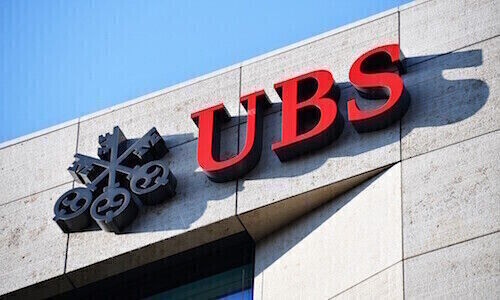UBS negotiated a grace period for tougher regulation in the wake of its takeover of Credit Suisse, according to documents filed with the SEC.
UBS won a delay of over two years before Swiss authorities could impose higher capital requirements related to its takeover of Credit Suisse. Globally systemically important banks have more stringent capital requirements than their smaller counterparts, and the additional time gives UBS more leeway to manage the complicated transaction.
Given its scope, UBS is said to be considering delaying the publication of its interim report from the end of July to the end of August to better understand the magnitude of the issues at hand.
The combined entity's larger size requires it to hold more capital, requirements which now will not come into effect until early 2026, based on the integration plan to be developed by UBS, and according to a regulatory filing with the Securities and Exchange Commission on Tuesday, as reported by «Bloomberg» (behind paywall).
Tricky Asset Valuation
The emergency bailout of Credit Suisse in March led to UBS management looking to push the timeline for when higher capital requirements could be implemented. The bank also benefits from a government guarantee of 9 billion Swiss francs ($9.9 billion) for potential losses stemming from hard-to-value assets taken over from Credit Suisse. But that only kicks in after UBS first absorbs five billion in losses.
In connection with the guarantees, it was agreed that an oversight committee would be established giving government representatives a say in the management of Credit Suisse assets taken over and wound down. The loss protection agreement is expected to be finalized today.
Buffer for Business
While UBS has to accept the government will intervene when it comes to divesting businesses it doesn't want, the government guarantee gives the bank significant protection for its creditworthiness and possibly its profitability.
The phased-in capital requirements also give UBS breathing room to implement the merger, which chairman Colm Kelleher said poses a «huge amount of risk» to UBS.
Other regulatory exemptions are also being granted, whereby UBS will be allowed to temporarily implement some rules also applying to Credit Suisse and maintain its current liquidity rules. Both banks can keep their current methodology for calculating risk-weighted assets.
At the Negotiating Table
Following the scheduled completion of the merger on June 12, talks between the bank and regulators are likely to continue on other capital- and liquidity-related issues, particularly if losses exceed 14 billion francs.
Any hedging beyond that would require a different legal basis through parliamentary approval in the ordinary legislative process and commitment credit.
If the approval fails to materialize, UBS will be on the hook for additional losses. Should a deal be struck to share the burden of larger losses, they would also be «expected to provide for the sharing of possible profits,» according to the document.

























